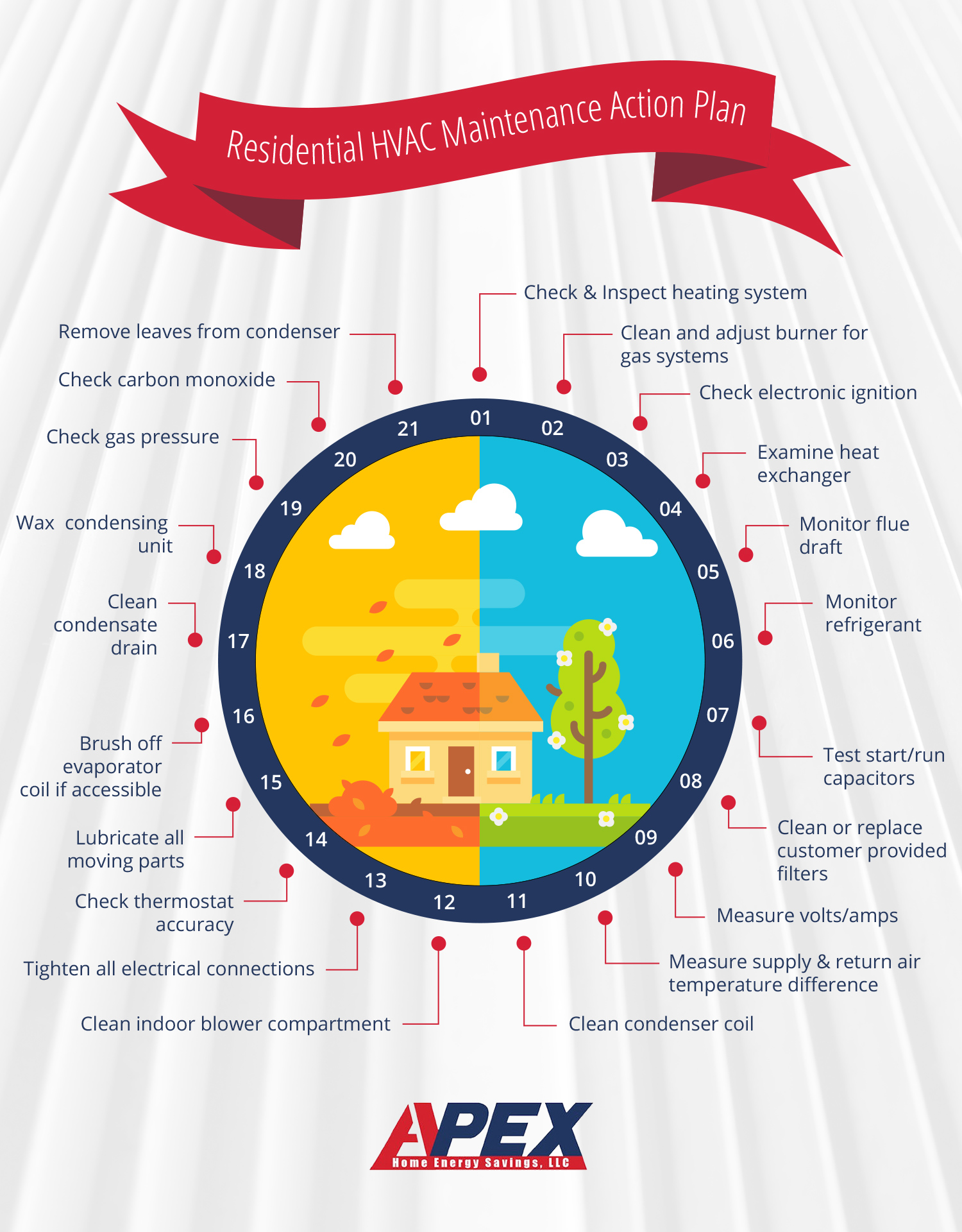Heat Pump Vs Heater - Which Is The Better Heating Option For Your Home?
Heat Pump Vs Heater - Which Is The Better Heating Option For Your Home?
Blog Article
Web Content Writer-Rosenthal Neumann
Lots of homeowners recognize with heating systems, which heat homes with oil or gas and push hot air via ductwork. They are relatively low-cost and can offer reliable heating even during a winter months power outage.
Nevertheless, they use fossil fuels and produce carbon monoxide gas and other air pollution. They additionally aren't as energy-efficient as a high-efficiency heat pump.
Cost
Typically, heatpump are much more inexpensive to run than heaters. They normally utilize electrical energy and refrigerant to extract heat from outdoor air, and after that transfer it right into your home. You can make the most of cheaper electrical energy rates throughout off-peak hours to even more lower your home heating prices.
Unlike heat pumps, gas or wood-burning heating systems use combustion to produce warm, releasing flue gases into the atmosphere that can be unsafe to your wellness. These furnaces are also less energy-efficient than heat pumps, and their greater operating costs can add up in time.
Furnaces are extra complicated than heat pumps and need normal maintenance to ensure the appropriate feature of all components. In spite of this, they have a tendency to last longer than heatpump with a typical life-span of twenty years or even more. Nonetheless, you'll need to consider the cost of gas, gas oil or timber and the extra equipment needed for installment and procedure such as ducts and ventilation systems.
Power Performance
Heat pumps have a higher energy effectiveness ranking than heaters. These systems utilize power to feed on warm from the air, also in freezing temperatures. They can additionally remove excess heat from the home during warmer months and reuse it to cool down the system. Service provider specialists can aid you determine the best model for your home on climate and resource power costs.
Heating systems melt fuel oil, propane, natural gas or other kinds of fossil fuel to heat the air in the home. This air is then dispersed through ductwork using a large fan. Heating systems create greenhouse gases and require regular maintenance and tools upgrades to guarantee risk-free procedure.
The biggest advantage of a furnace is that it can be run also in harsh winter problems due to the fact that it does not rely upon outside temperature levels to heat the air. Heaters additionally have a longer life-span than heat pumps and commonly last 15 years. They can likewise be coupled with dual gas options, which select the most effective home heating alternative based upon the weather condition.
Climate
Heatpump work well in modest environments and utilize much less resource power than heaters. Nevertheless, if your region is extremely chilly, you may require to buy a conventional gas furnace rather.
Heating systems supply cozy, cozy warm and commonly supply quick home heating to increase indoor temperatures. These systems can be made use of with a selection of gas types, consisting of gas, propane, oil or power.
They take in much more energy than heatpump-- as much as 3x as much-- and require ductwork that's expensive to set up or retrofit. They're likewise a lot more pricey to maintain, as they can create air top quality concerns and produce greenhouse gas exhausts.
If you're devoted to minimizing your carbon footprint, a heatpump is an excellent selection for your home. They have less greenhouse gas discharges than heaters, particularly if you select a power CELEBRITY ® heat pump. Your regional copyright professional can clarify the distinctions between these 2 furnace and help you make the best choice for your special requirements.
Personal Preferences
Heaters can be very energy effective when powered by natural gas, gas or oil, but they aren't as power effective as heat pumps in cold environments. They can additionally be extra pricey to install, needing gas lines and ventilation systems.
Nevertheless, heating systems have a tendency to need less upkeep, which can cause reduced recurring expenses. They produce fewer greenhouse gases and are much more trustworthy than heatpump during severe climate.
Electric heatpump are a lot more flexible in developing interior convenience since they can also work as a/c throughout warmer months. They can be easier to keep, needing only regular air filter modifications and occasional vacuuming.
If https://nwi.life/article/summer-savings-tips-you-can-use-now/ prefer the comfort of a solitary system that does it all, consider a crossbreed heating option that sets a furnace with an electrical heatpump. These systems can instantly switch between the two heating options based on your home's requirements and temperature level conditions, optimizing efficiency and financial savings.